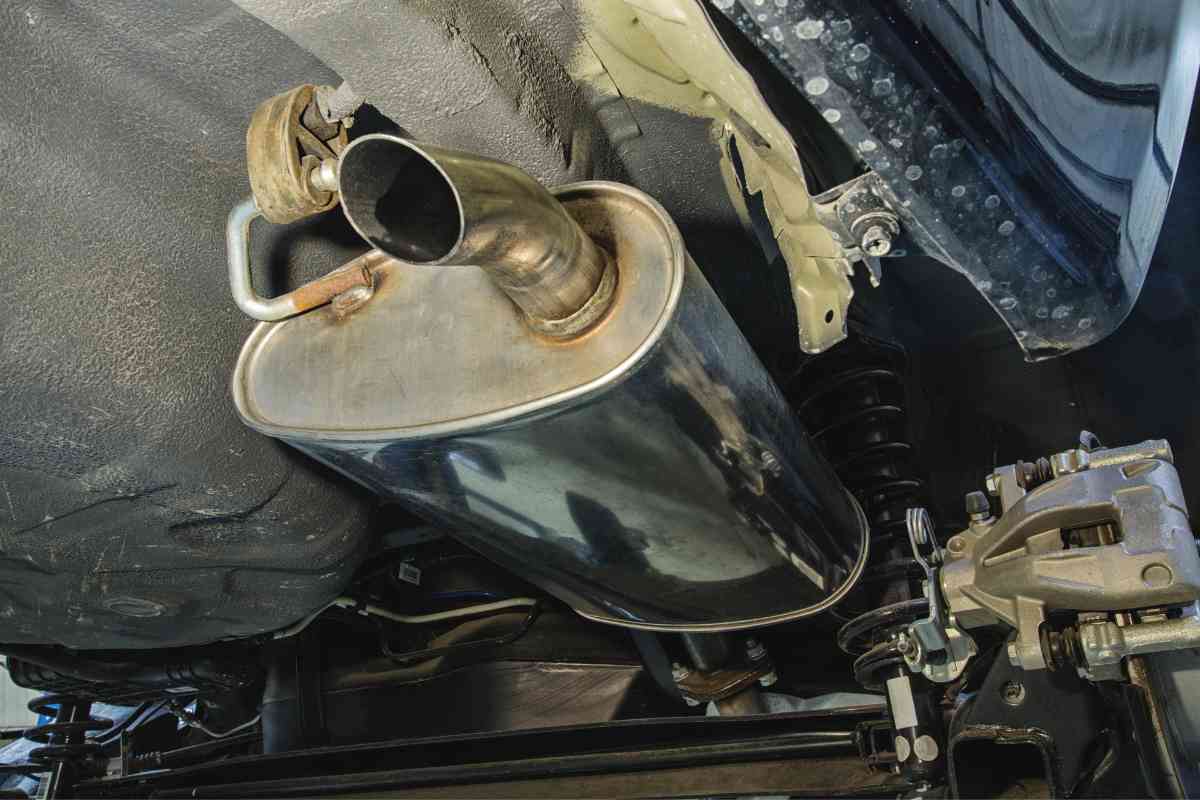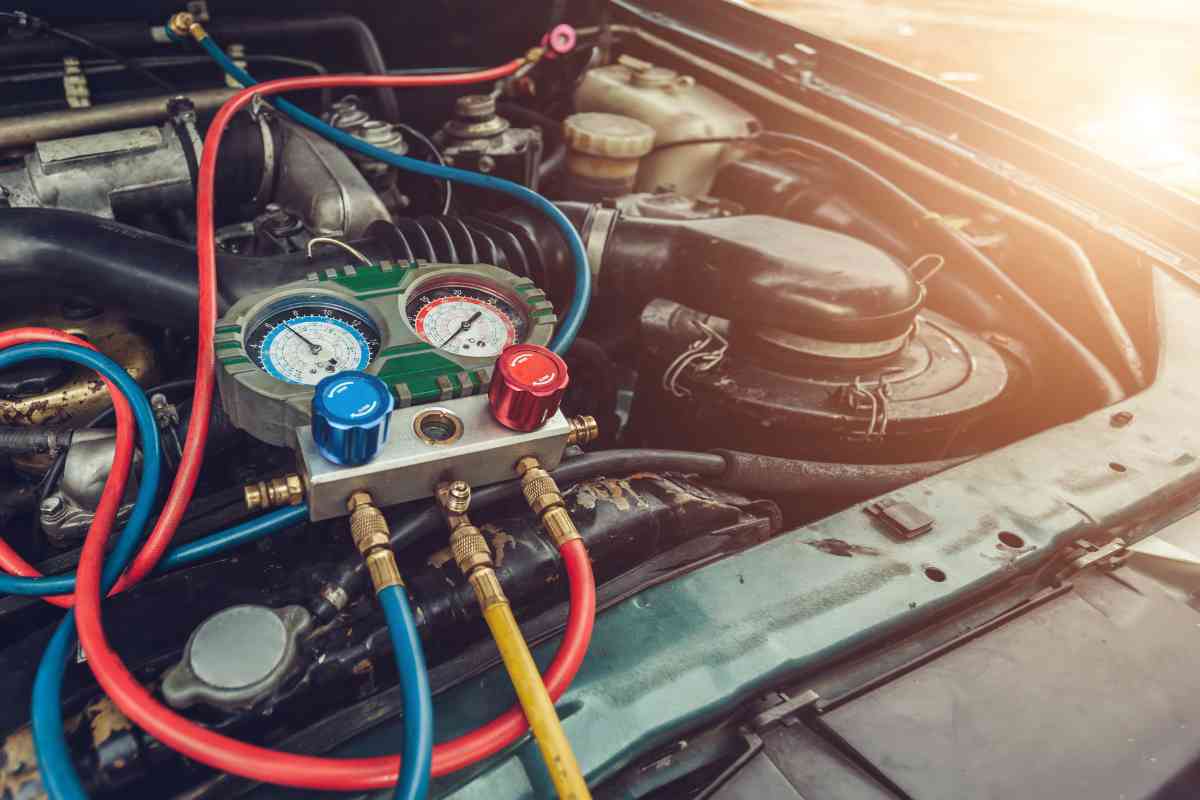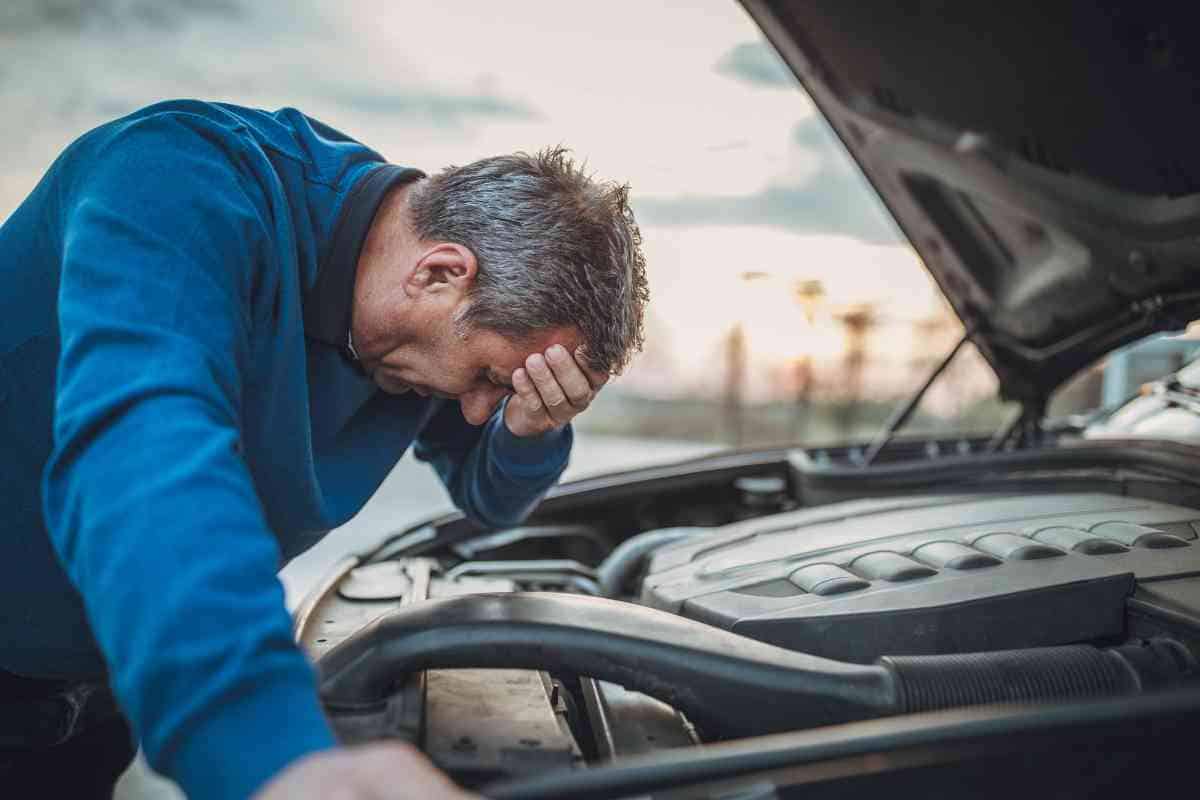8 Reasons Why Your Car Engine Is So Loud & What To Do About It
Strange engine sounds indicate something is wrong with your car. Understand the cause of the sound and act immediately to avoid escalating the issue.

Why is my car engine so loud?
The reasons car engines suddenly get noisy include dirty spark plugs, busted mufflers, and low engine oil. Turning up the stereo sound and wishing it goes away won’t work. Finding out the problem and fixing it in good time will save you costly repairs in the future.
We sought to understand why a car engine suddenly started making loud noises since this had happened to us once. Surprisingly, it was so sudden that we had to learn the hard way to always be prepared for roadside emergencies.
In a bid to understand this phenomenon, we visited several mechanics and talked to a few of our friends who are car enthusiasts, and the findings were amazing.
Reasons Why Your Car Engine So Loud
A Malfunctioning Muffler
This is often the first culprit you must check out whenever your car makes strange, loud noises. The muffler may be damaged or fail to work, hence the loud noise. The muffler can fail or get damaged when you drive in a rough patch or when it wears off over time.
Regardless of the cause of damage, a muffle with a hole leads to excess fumes, lost gas mileage, and blaring noises.
The broken muffle is a minor issue that must be fixed immediately to avoid getting towed when the problem gets out of hand.

Poor Catalytic Converter
Every car exhaust system has a catalytic converter. This is an essential part of the car. Whenever it fails to work as expected, the engine will be louder and have a rough run.
Besides that, the exhaust will release a bad rotten-egg-like smell.
Unfortunately, the bad catalytic situation will prompt the driver to check the engine when the Check Engine Light prompt comes up. Act fast since the converter failing leads to engine blockage, and eventually, the car will be ground to a halt.
If this happens, you need a tow. Any attempt to drive in this condition will lead to exhaust fumes filling the cabin when you drive.
Case of Lower Engine Oil Level
Every time your car’s engine oil level drops, the first sign you get is grinding sounds from the engine area. This will be more evident if the engine oil sensor is broken, failing, or faulty.
Typically, the sensor should indicate whenever the oil level drops. However, if it fails, check the engine level manually at intervals. This is the best way to ensure it does not fall below acceptable levels.
Try to get to a service station and top up the engine oil level. Additionally, try to take the car for servicing and have a professional check the cause of the low engine level.
This will rule out any possibility of leaks.

The Tailpipe May be Broken
Just like mufflers are a major culprit for loud engine sounds, broken tailpipes fall in the same category. The tailpipe may develop holes over time due to rusting.
You may have to endure the increased engine noises if you drive with such a tailpipe.
It is best to take the car to a professional and have the tailpipe replaced in case the rusting is beyond repair. Ignoring this leads to the tailpipe falling off. In more complicated situations, the damage could cause exhaust fumes to leak inside the car and make it uncomfortable for you and other users.
The Bearings are Worn Out
Your engine bearings wear out just like any other part of the car. If this happens, the sounds you hear from the engine will resemble that of a washing machine with wobbly, unstable feet.
Bearings wear out with time, causing the engine to develop knocking sounds that are heard consistently. If you notice this as a problem, it is best to stop the vehicle and tow it to the nearest auto shop for repairs.
Attempting to drive with worn-out bearings only increases the risk of damaging the engine. Usually, the bearings hold other moving parts of the engine together, so a slight mishap can render the entire engine useless.
Leaking Exhaust Manifold
The car’s exhaust manifold is responsible for collecting all exhaust fumes as the car engine works.
Every time it leaks, your engine suffers from uneven running and sputters, leading to louder sounds than average.
Make sure to act fast if you don’t want the leaking fumes to get into the cabin. The best move is to resist driving under this condition and, instead, have the car towed to the garage for repairs.

When Gaskets and Seals Wear Out
The exhaust system of your car has lots of gaskets and seals. However, these also wear out with time and stop working as they should. The result is increased engine noises.
Make sure to schedule gasket and seal replacement as part of regular maintenance practice. Failure to do this leads to more expensive repairs as the manifold easily gets damaged. If you suspect this to be the issue, have the car taken to an auto repair shop and fixed immediately.
Dirty or Poor Spark Plugs
Your engine will misfire every time the spark plugs are bad. This often leads to increased engine noises/sounds. The good news is that they often warn you as they make sputtering sounds when dirty or bad.
Fix this with regular maintenance. Other common problems that lead to loud engine sounds include malfunctioning oxygen sensors and worn-out or failing torque converters.
Your engine will produce a loud and rough sound whenever the oxygen sensor fails or is dirty.
The sensor measures the richness of the exhaust fumes when passing through the exhaust fumes. When it fails to work, your engine gets the wrong fuel levels, and the engine noises increase.
If unsure of the main issue, take the vehicle to pros at auto repair shops for analysis and fixing.
Key Takeaways
- Busted mufflers, low engine oil levels, and poor spark plugs may cause a loud engine.
- Fixing the causes of loud engine sounds is essential to avoid further damage.
- Always diagnose the issue behind the loud engine sounds.
- Don’t dismiss a loud engine right away.
